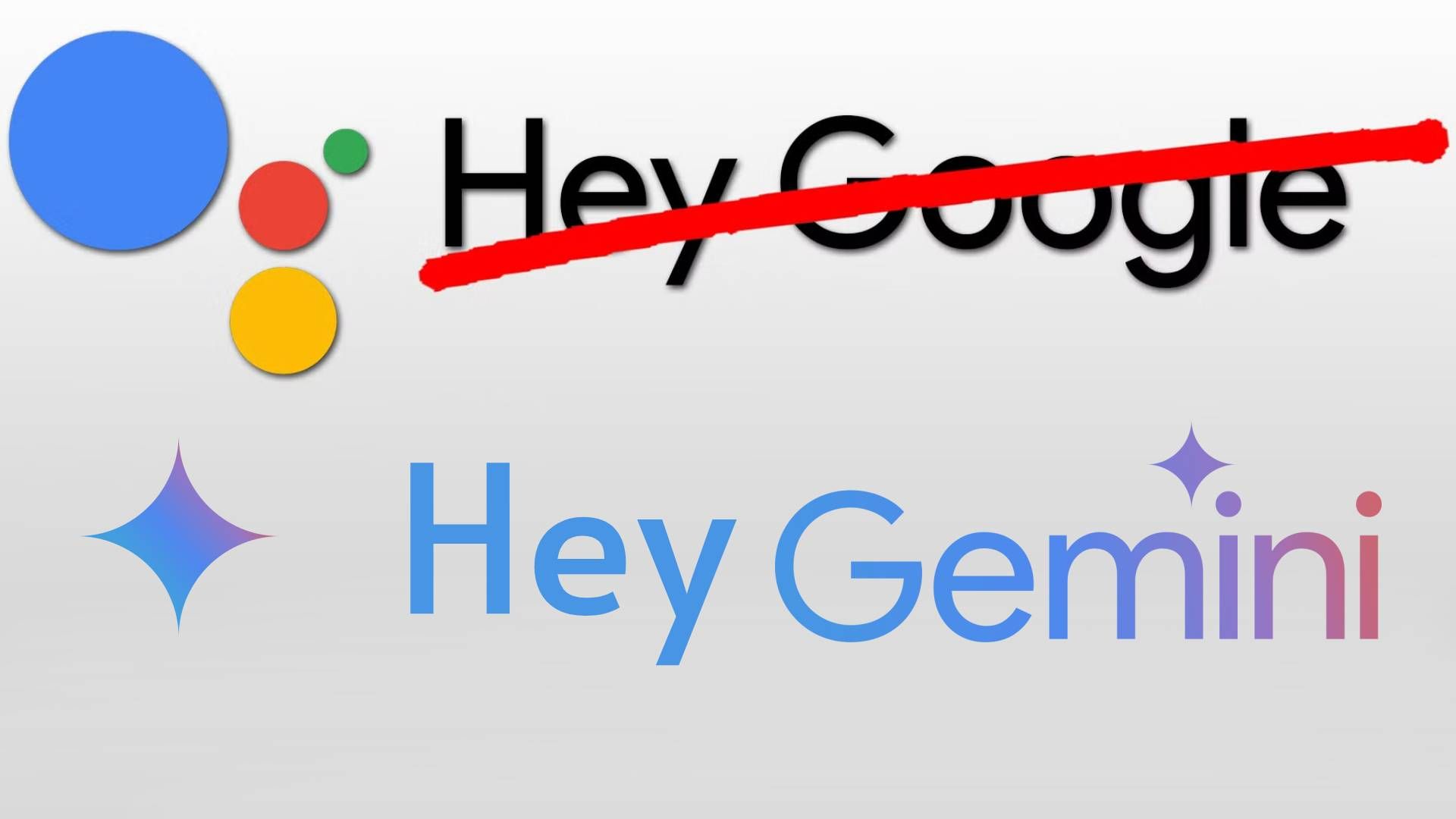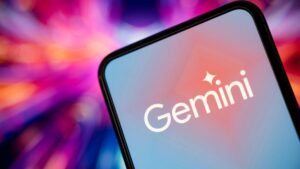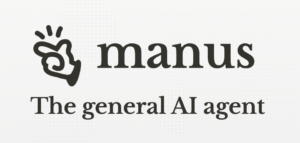What Will Happen to Our Smart Speakers When Google Assistant is Discontinued?

The Future of Google Assistant: Transitioning to Gemini
By 2025, Google Assistant will be phased out across all mobile devices, marking a significant shift in the user experience for many. This change will not only affect smartphones and tablets but will also extend to cars, headphones, and smartwatches, as Google transitions to its new AI, Gemini.
Impact on Smart Home Devices
Google Assistant has been the default voice assistant for a range of smart devices, including Google Home and Nest products, as well as many third-party devices. Given that the Assistant is a core feature of these products, the switch to Gemini may have a more pronounced effect on smart home technology compared to mobile devices.
What to Expect from the Transition
In a recent blog post, Google hinted at a "new experience, powered by Gemini," specifically for home devices like speakers, displays, and TVs. However, the details are still somewhat unclear. Instead of a direct replication of Gemini for smart home devices, Google might be developing a tailored version to enhance user interaction.
Challenges with Gemini
While Gemini is a powerful AI, allowing for sophisticated tasks such as summarizing documents or holding human-like conversations, it struggles with some basic functions that users frequently rely on.
Common Shortcomings
- Setting Timers: When asked to set a timer for ten minutes, Gemini often provides instructions instead of executing the command, a task Google Assistant performs seamlessly.
- Information Hallucination: Gemini has been noted to create false information, a problem that could pose risks for users who might rely on it for accurate data—such as train schedules.
These issues highlight why many users, including those who depend on voice assistants for everyday tasks, might find Gemini lacking in reliability compared to its predecessor, Google Assistant.
Improving User Experience
To ensure a smoother integration of Gemini in smart home devices, it is essential that Google fine-tunes its performance. Users expect reliable support for simple tasks rather than complicated responses.
The Need for Simplified Interaction
Despite the advanced capabilities of Gemini, the transition should focus on addressing its limitations in basic functionality. Users predominantly rely on voice assistants for:
- Setting timers
- Adding items to shopping lists
- Checking weather forecasts
- Setting reminders
- Controlling music playback
For smart devices, Gemini must efficiently handle these tasks to meet user expectations.
Future Enhancements
Currently, Google is investing heavily in refining Gemini, and recent iterations show promise. The Gemini 2.5 Pro model is reported to have improved on previous versions, exhibiting reduced chances of hallucinations and better overall functionality. However, at this juncture, it is primarily accessible through Google Advanced.
Compatibility Concerns
As Google prepares to roll out Gemini, potential compatibility issues may arise. Devices that launched several years ago may not support the new AI-based functions due to hardware limitations. This concern is especially pertinent for older models like the Nest Mini, which began shipping with outdated Android versions that might not accommodate Gemini’s requirements.
Transitioning from Google Assistant
Current users of Google Assistant will need to adapt to the changes that Gemini brings. It is likely that the activation phrase may switch from "Hey, Google" to "Hey, Gemini."
Google has yet to provide a precise definition of what "powered by Gemini" will entail for users of smart home devices. Nonetheless, it seems that while some aspects of your smart home experience will persist, significant advancements are on the horizon—assuming Gemini can effectively overcome its present challenges.






